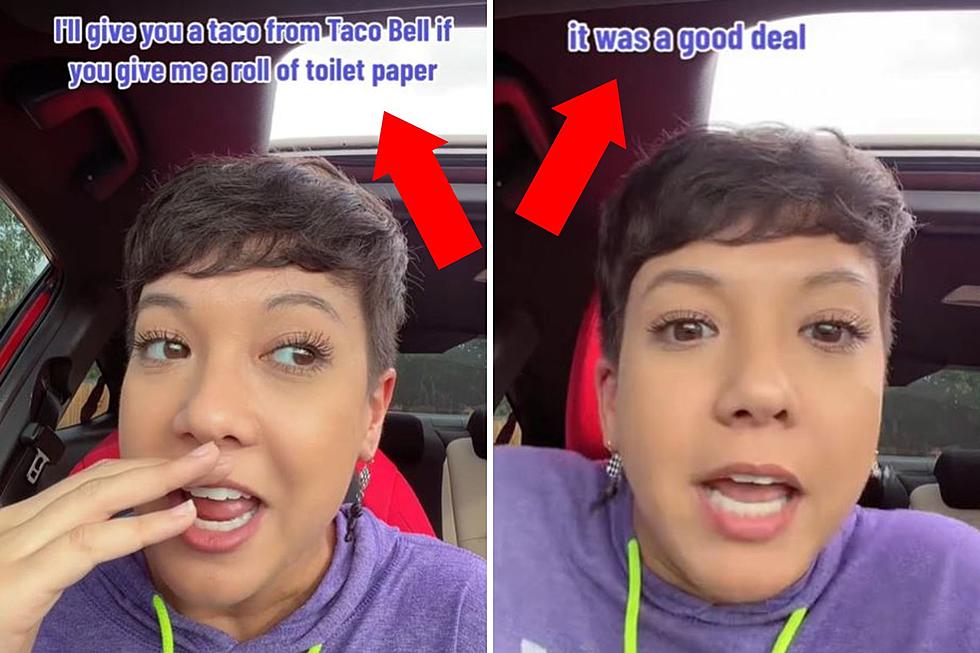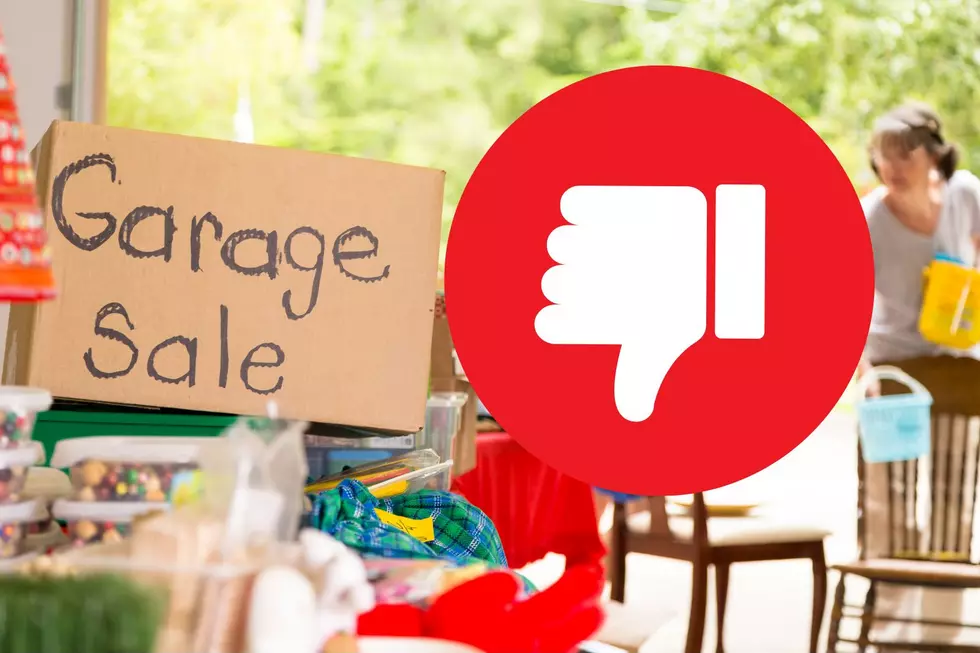
Text, Email, & Social Media Messages For Overdue Bills Ok in ’21
In 2021, it's okay for you to receive texts, emails, and social media messages for overdue bills.
It's the time of the month, no one looks forward to, ever. I'm referring to when the bills are due. You take that money you worked hard all month to make and it pretty much goes right out the door.
Unfortunately, sometimes it gets overwhelming. The expenses are greater than your income. That means dipping into savings or if that's not available, hitting the credit card, and going into debt. Hopefully, not digging yourself into a big hole. It happens to most of us at some point.
There are occasions where you just can't pay. That's when the phone calls start coming. How many times has a phone number come up on your phone and you didn't answer it because you know it's a creditor? They've heard similar stories, so that won't help. They just want their money.
You figure as long as you duck the calls, you're good to go. It's not like they are going to start reaching out in some other way. Well, that's going to change very soon. You're going to have to start dodging texts, emails, and social media messages. I know it sounds like a joke, but it's totally true.
"Come 2021, debt collectors will no longer be relegated to the use of phone calls alone. The Consumer Financial Protection Bureau (CFPB) released a policy stating debt collectors now have the ability to reach out to debtors via text, email, and even messenger platforms on social media, according to the final rule. The rule clarifies how debt collectors can use email, text messages, social media, and other contemporary methods to communicate with consumers"
To check out the rule for yourself, HERE.
It won't be a free-for-all. There are some restrictions including an easy opt-out and a limited number of interactions per week.
I definitely don't like the sound of this method.
Video: It's A Different Show Every Night When Colin Mochrie From Whose Line Is It Anyway Is On The Road
ALSO SEE: 30 Most Decade-Defining Memes
More From 97 ZOK






